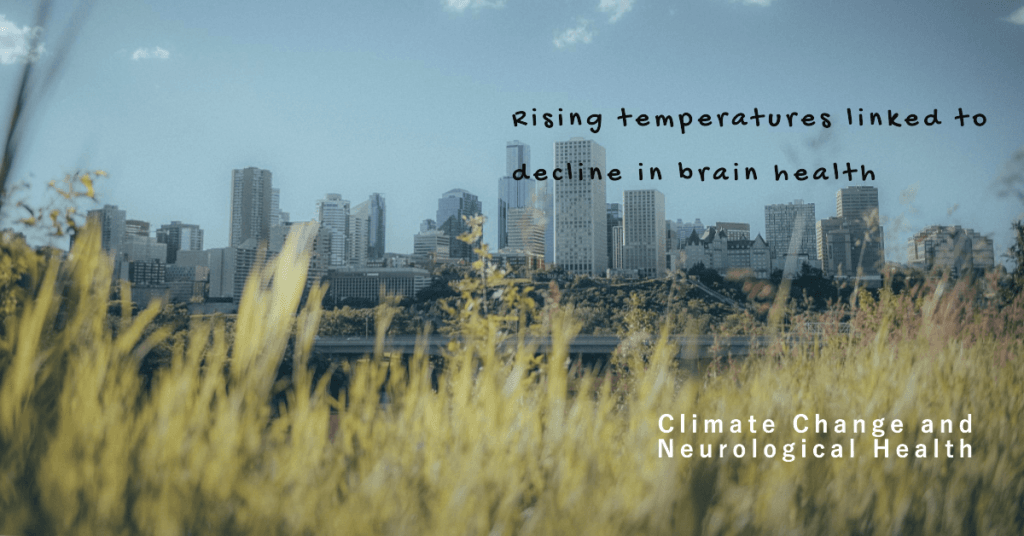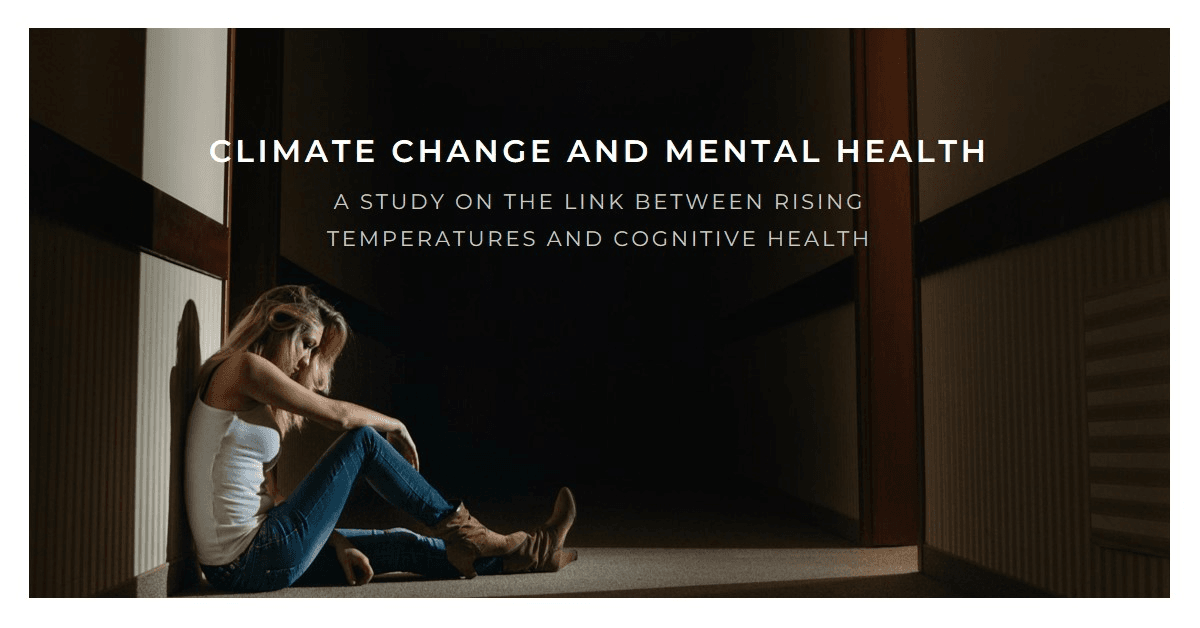A recent study published by researchers at University College London (UCL) has identified a concerning association between climate change and the exacerbation of neurological and mental health disorders. The analysis, which comprehensively reviewed existing neuroscience literature, suggests that extreme heat events and climate-induced disasters can significantly influence the prevalence and severity of these conditions.
The UCL study transcends the established understanding of climate change’s impact on health, which has primarily focused on infectious and respiratory diseases. This research reveals that environmental factors play a critical role not only in disease prevalence but also in heightening the risk of hospitalization, disability, and even mortality for individuals with pre-existing neurological conditions.
The analysis demonstrates a correlation between rising temperatures and a decline in neurological health. Conditions such as dementia, epilepsy, and stroke were all found to worsen during periods of extreme heat. Notably, hospitalization rates for these conditions spiked significantly during heatwaves.

The study further suggests a detrimental impact of climate change on mental health. The researchers observed a positive association between increased ambient temperatures and the incidence of mental health disorders, with a corresponding rise in hospitalizations and mortality risk. Data from the United States, for instance, indicated a surge in mental health-related emergency room visits on days with extreme heat.
The UCL team posits several mechanisms by which climate change might exert its influence on the brain. Disruptions in sleep patterns caused by hotter nights and the psychological stress associated with extreme weather events are hypothesized to be contributing factors.
These findings from UCL add a crucial dimension to the discourse on the multifaceted consequences of climate change for human health. The traditional focus on infectious diseases needs to be expanded to encompass the significant neurological and mental health risks posed by our warming planet. This research underscores the urgent need for comprehensive strategies that address the health consequences of climate change, not only for physical well-being but also for cognitive and mental health.
The UCL study highlights the urgency of addressing climate change to protect neurological and mental health. Here are some precautions we can consider:
Individual Level:
- Stay informed: Keep yourself updated on heat advisories and extreme weather events.
- Stay cool: During heatwaves, stay hydrated, utilize air conditioning or cooling centers, and wear loose, breathable clothing.
- Maintain sleep hygiene: Develop habits to ensure good sleep, such as establishing a regular sleep schedule and creating a cool, dark sleeping environment.
- Prioritize mental well-being: Practice stress management techniques like meditation or exercise. If needed, seek professional help for mental health concerns.
Community Level:
- Urban planning: Promote the use of green spaces, reflective surfaces, and urban tree cover to mitigate heat island effects in cities.
- Public health initiatives: Implement early warning systems for heatwaves and outreach programs to vulnerable populations.
- Mental health support: Increase access to mental health services and raise awareness about the link between climate change and mental health.
Global Level:
- Curbing emissions: Support policies and initiatives that aim to reduce greenhouse gas emissions and mitigate climate change.
- Investing in sustainable infrastructure: Promote the development and adoption of renewable energy sources and sustainable building practices.
- International cooperation: Foster global collaboration in research and development of solutions to address climate change and its health impacts.
By taking precautions at individual, community, and global levels, we can work towards mitigating the neurological and mental health risks associated with climate change.
#epicinfinite #epicarticle #epicblog
Does climate change worry you? How do you stay cool and protect your mental health during heatwaves? Share your tips below!










